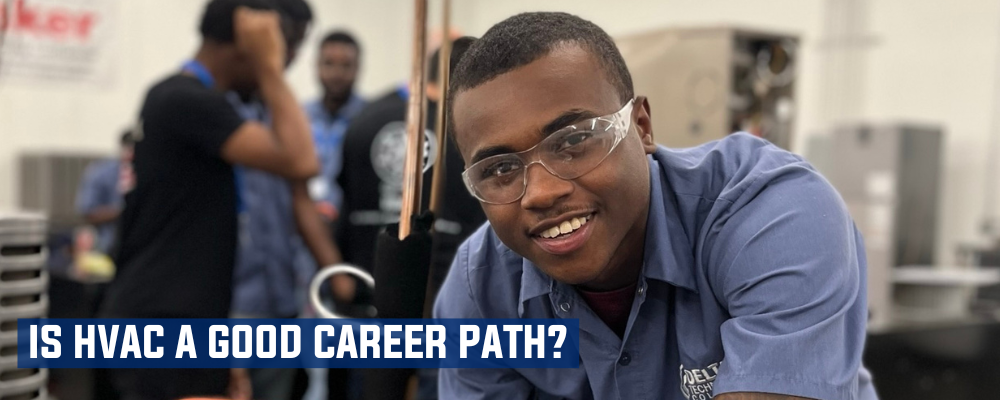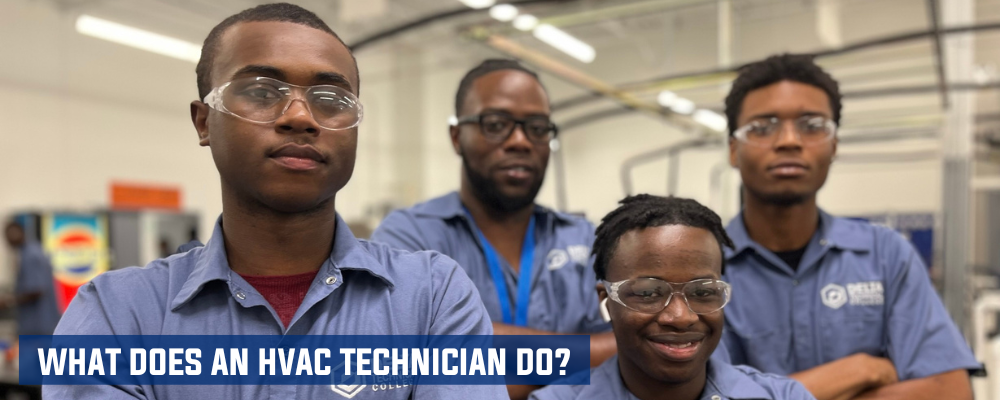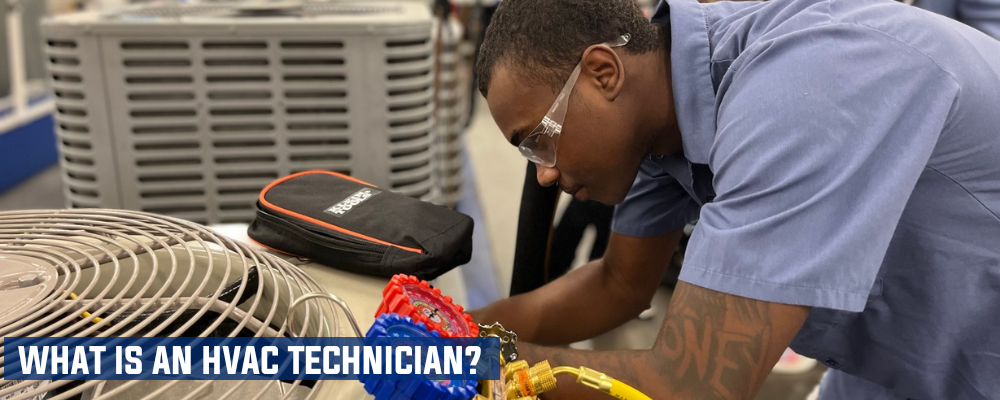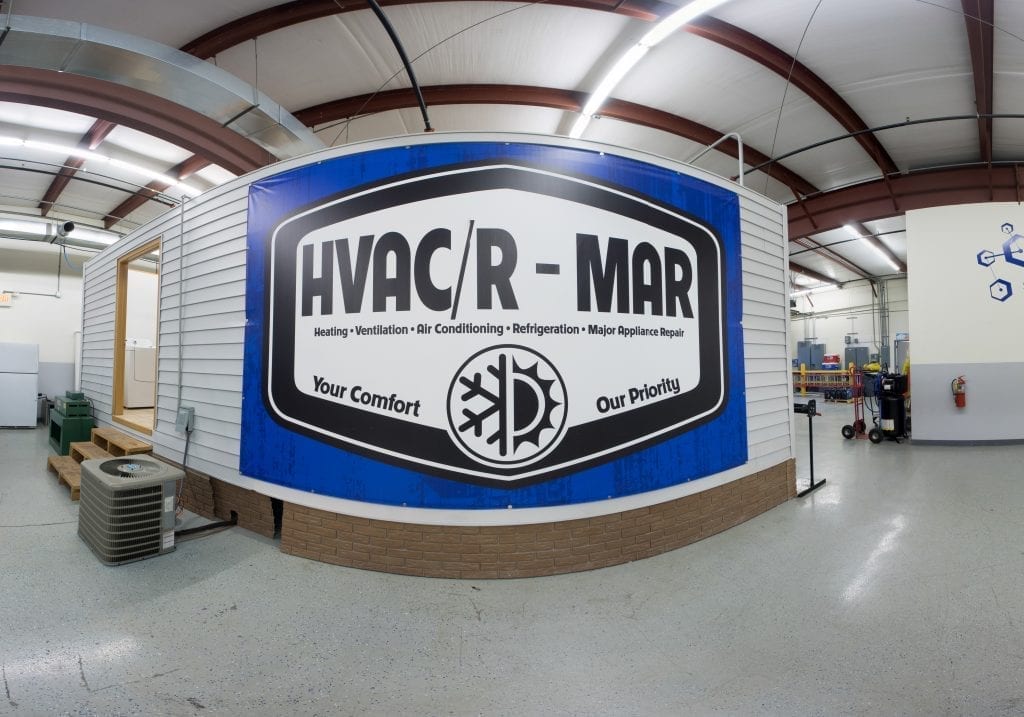Are you wondering if HVAC might be the right career move for you? Before embarking on any new career, it’s important to know what you’re getting into. Is the HVAC job outlook growing? Is there room for advancement and to earn good money? How long will you have to train?
In this article, we’ll take a closer look at what it means to choose a career as a heating, ventilation and air conditioning technician.
HVAC Technician Career at a Glance
| National Average | HVAC Technician |
| Common Duties | Heating and air conditioning repair, installation and maintenance |
| Entry-Level Training | Vocational training |
| Projected Job Growth | 6% through 2032 |
| Certification Required | NATE (varies by state and employer) |
| Where They Work | HVAC contracting companies, self-employed |
How Much Can You Earn as an HVAC Tech?
Salaries will vary based on state, city and employer. What’s more, the amount of money an HVAC technician makes can be influenced by their level of experience. You can learn more about salaries within the HVAC industry from the Bureau of Labor Statistics.
A Day in the Life of an HVAC Technician
Most HVAC technicians work for HVAC and plumbing contractors. However, the Bureau of Labor Statistics estimates that 7% are self-employed. Job opportunities for HVAC techs also exist in education and wholesale. HVAC technicians work to repair, install and maintain air conditioning systems at the residential and commercial level. They drive to jobs to inspect, diagnose and repair issues. Get a more in-depth look at what HVAC technicians do.
HVAC Career Paths and Opportunities
- HVAC/R Tech
- HVAC/R Maintenance Tech
- HVAC Refrigeration Technician
- HVAC Maintenance Manager
- HVAC Controls Technician
- HVAC Service Manager
- Chief Mechanical Engineer
- HVAC Maintenance Director
- HVAC Controls Systems Engineer
- HVAC Service Director
How do You Become an HVAC Tech?
HVAC technicians often graduate from a trade school that offers mechanical trades programs. HVAC training programs typically last between six and nine months and include a combination of lecture and lab time. For example, Delta Technical College in Mississippi offers a nine-month HVAC training program. In this HVAC program, students will learn the fundamental processes and principles to enter the field at an entry level.
- Basic Electricity
- Air Conditioning
- Heat Pumps
- Major Appliance Repair
- Indoor Air Quality
Upon graduation, some employers or states may require additional credentials, such as North American Technical Excellence or, NATE certification. The NATE certification requirements are universally recognized in the United States.
SOURCES
- https://www.bls.gov/ooh/installation-maintenance-and-repair/heating-air-conditioning-and-refrigeration-mechanics-and-installers.htm#tab-1
- https://www.bls.gov/ooh/installation-maintenance-and-repair/heating-air-conditioning-and-refrigeration-mechanics-and-installers.htm#tab-6
- https://www.bls.gov/ooh/installation-maintenance-and-repair/heating-air-conditioning-and-refrigeration-mechanics-and-installers.htm#tab-5
- http://www.natex.org/site/1/Home



